Insurance has long been seen as a traditional, paperwork-heavy industry, but technology is rapidly transforming how policies are designed, sold, and serviced. From AI-driven risk assessments and predictive analytics to automated claims processing and blockchain-powered security, the insurance sector is undergoing a digital revolution that is making policies more personalised, efficient, and accessible. Gone are the days of lengthy underwriting processes and slow claim settlements; technology is enabling real-time policy issuance, instant fraud detection, and seamless customer interactions that align with the expectations of today’s digital-first consumers.
One of the most significant advancements in insurance is using Artificial Intelligence (AI) and Machine Learning (ML). These technologies allow insurers to analyse massive datasets, predict risks more accurately, and tailor policies to individual customers. AI-powered chatbots and virtual assistants are transforming customer service, handling queries, policy recommendations, and claim registrations without human intervention, making insurance more responsive and accessible. Similarly, predictive analytics is helping insurers move from reactive claim processing to proactive risk management, allowing them to offer customised policies based on real-time behavioural insights.
Another game-changer is the Internet of Things (IoT). Wearables, smart home devices, and connected cars enable insurers to track real-time data, offering dynamic pricing models based on usage and behaviour. For example, usage-based car insurance adjusts premiums based on driving patterns, while health insurance policies reward policyholders for maintaining an active lifestyle. This shift toward personalised, data-driven insurance models improves risk assessment and encourages better consumer habits.
Meanwhile, blockchain technology enhances insurance transactions’ transparency, security, and fraud prevention. Smart contracts automate policy execution and claim settlements, eliminating disputes and delays caused by manual processing. This decentralised approach reduces fraud, lowers administrative costs, and enhances trust between insurers and policyholders.
The adoption of cloud computing is also making insurance more agile and scalable. With cloud-based infrastructure, insurers can seamlessly integrate AI, IoT, and big data analytics, allowing faster policy issuance, real-time claims processing, and efficient customer engagement. Additionally, cloud technology ensures business continuity and cybersecurity, addressing concerns over data breaches and regulatory compliance.
Despite these advancements, many insurers face challenges in fully embracing digital transformation due to legacy systems, regulatory complexities, and resistance to change. However, staying reliant on outdated processes is no longer an option in an era where customers demand speed, convenience, and transparency. The future of insurance is tech-driven, customer-centric, and data-powered, making it essential for insurers to modernise their IT infrastructure and embrace emerging technologies.
At 3i Infotech, we are at the forefront of enabling digital transformation in the insurance sector. We help insurers streamline operations, enhance customer experience, and build future-ready, data-driven models through AI-powered automation, cloud-based solutions, and advanced analytics. As the industry evolves, we ensure insurers stay ahead of the curve, offering more innovative, secure, and highly personalised insurance solutions in a rapidly changing digital landscape.

